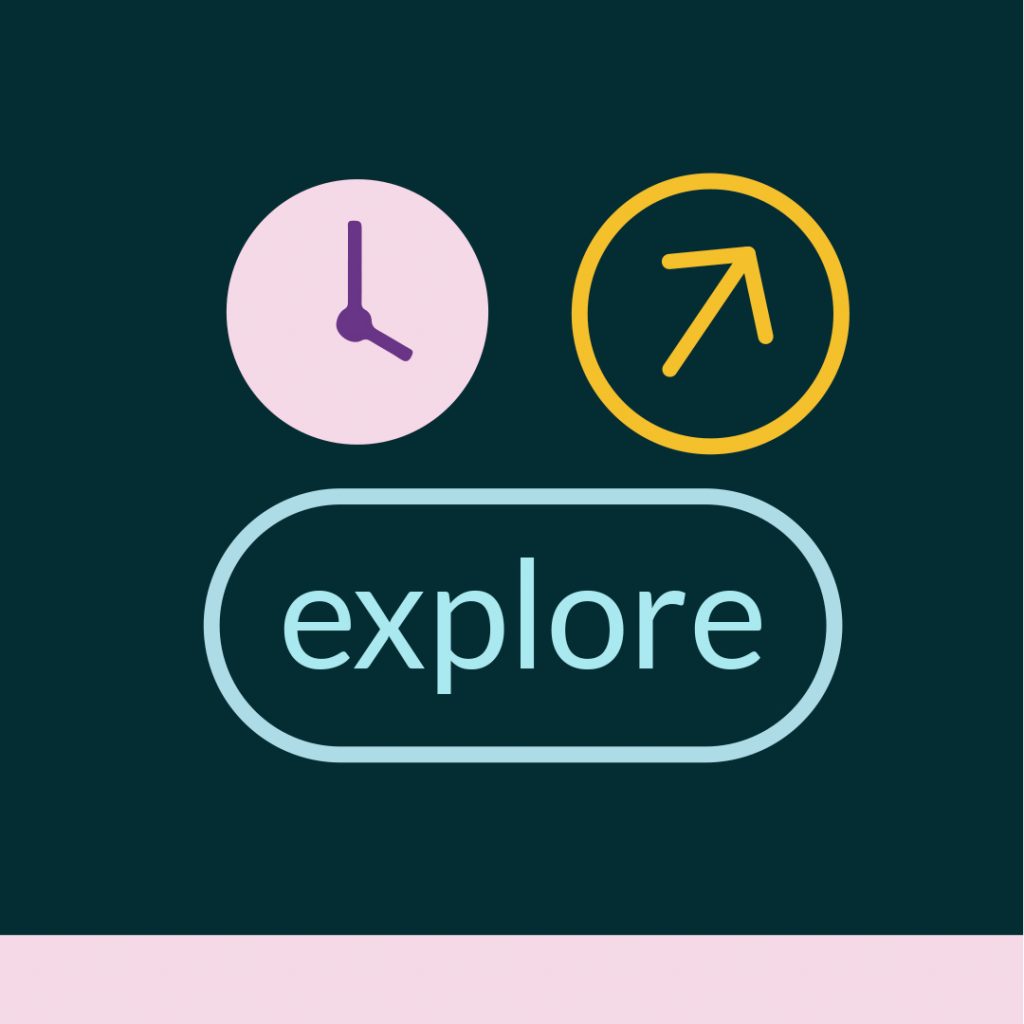Cast your mind back to your school days. The teacher calls on you to answer a question and your mind goes blank. You are afraid of making mistakes in front of your classmates and making a fool of yourself. Little did you know at the time that providing the wrong answer was a good thing and that it would have helped you learn!
Let’s discuss how making mistakes in language class is a good thing because it helps your learning process along.
Mistakes, Errors, Slips
First, let’s make a distinction between words that are usually used interchangeably: mistake, error, and slip.
A mistake happens when the learner deviates from what they know. It is a temporary lapse and can be self-corrected. For example, you say something like “I goed to bed at 11 last night.” You know the past form of go is went, so you spot the mistake and correct it, “I mean, I went to bed at 11 last night.”
An error signifies a gap in the learner’s knowledge. Errors cannot be self-corrected because the learner does not know what is wrong. Errors also happen when the speaker’s native language interferes with the target language, e.g., the learner applies the grammar patterns, intonation, etc. of their first language to the language they are learning.
Finally, a slip happens as a result of tiredness or other circumstances that prevent the speaker from concentrating on what they are saying. It is easily corrected and does not mean there is a gap in the learner’s knowledge. The poor person is just exhausted!
Making Mistakes in the Language Class
For many people, making a mistake in class or when speaking another language in a real-life situation carries shame. As a consequence, they feel demoralized and their self-esteem and performance are affected. The fear of failure is such a strong disincentive!
So, for mistakes and errors to be considered part of the learning process, the instructor must create a responsive and supportive environment in class. The feedback must be such that it does not inhibit the learners, is not obstructive, and encourages students to continue expressing their ideas. The response to the errors thus becomes part not only of the pedagogic process but also of the problem-solving process involved in language learning. Therefore, mistakes promote learning and understanding at a deeper level. It means that you can actually learn from your mistakes!
When used correctly, mistakes can be powerful learning tools. They provide valuable feedback and opportunities for growth, help identify areas that need improvement, and refine language skills. A confident learner will not let mistakes affect their confidence when communicating freely.
Strategies for Embracing Mistakes
First, you must set realistic expectations about your learning and set goals that you can achieve. Otherwise, you will feel discouraged by failure. Also, be patient with yourself and your peers.
If you are hesitant about going out into the world, start small and surround yourself with supportive people to practice your language skills. That way, the level of pressure is low, and you will feel freer to take chances with language.
Improve your speaking and listening skills, pronunciation, and grammar by practicing active listening with native speakers, whether it is a person you know or a TV show, YouTube video, and the like.
When you spot a mistake, reflect on it, understand why it happened, and use that knowledge to avoid it in the future.
Another useful idea is to track your improvement and achievements, which will boost your confidence and motivate you as well.
Lastly, practice self-compassion. Do not be hard on yourself if you make a mistake. Be kind and patient.
***************************************************
We offer project-based online Business English classes with asynchronous practice activities on our learning platform. Each level consists of three modules with three projects each. At the end of each module, our students will have learned language skills as well as honed personal skills. Let us help your team improve their communication skills in English. Get in touch today!





